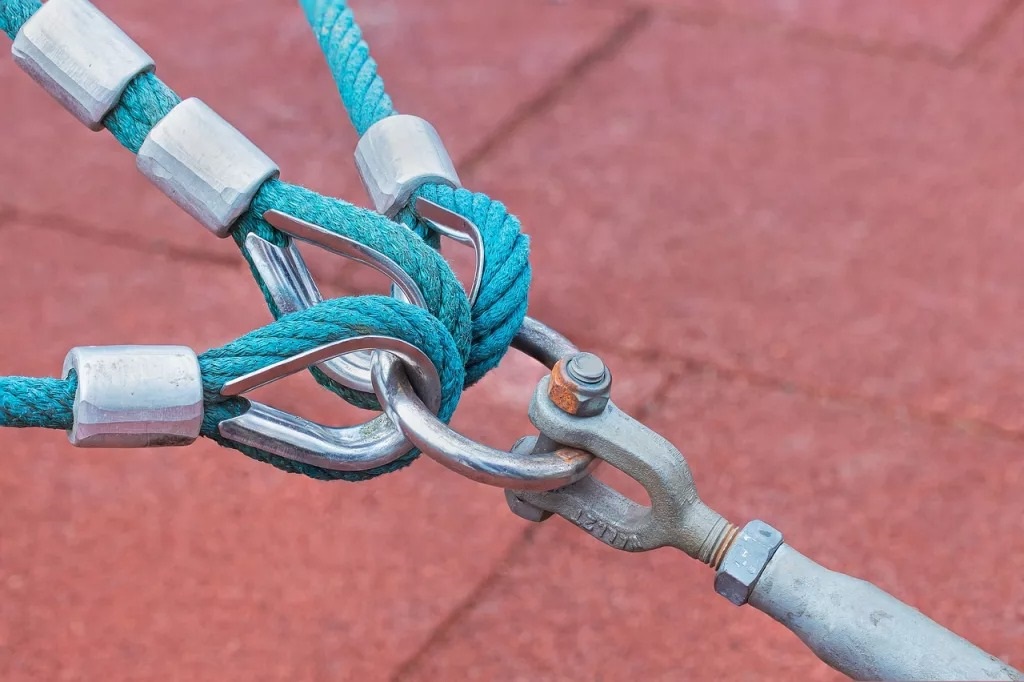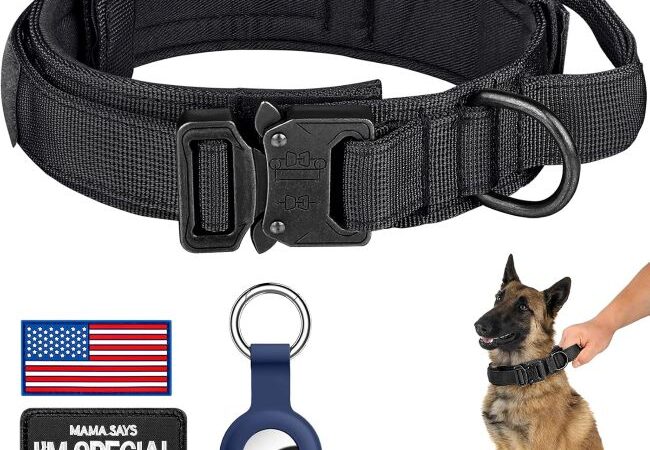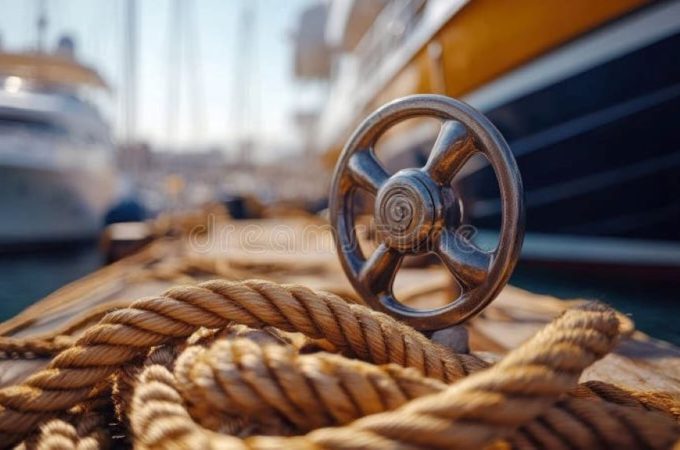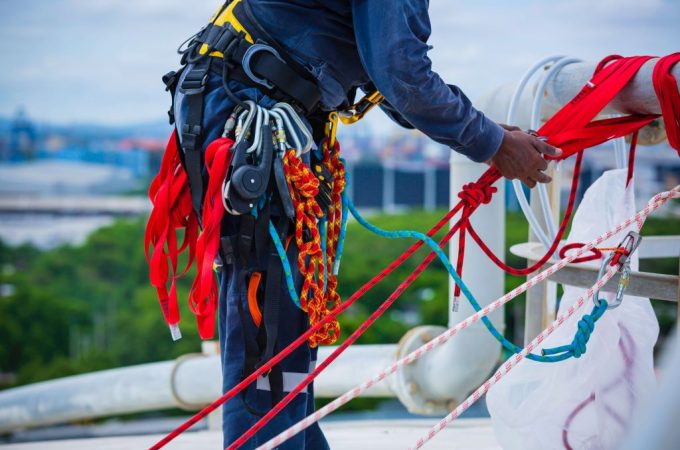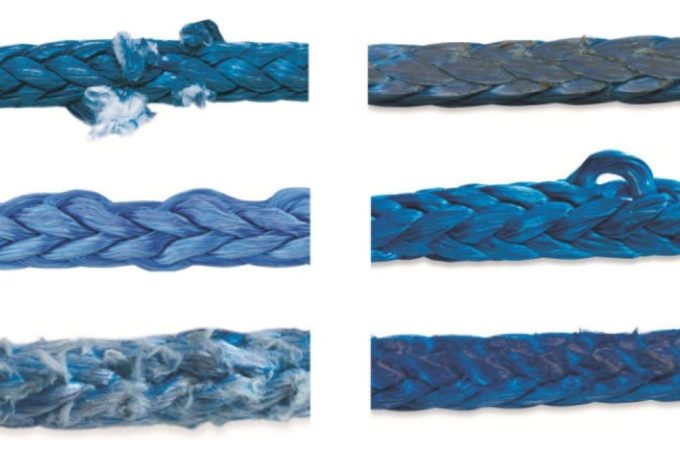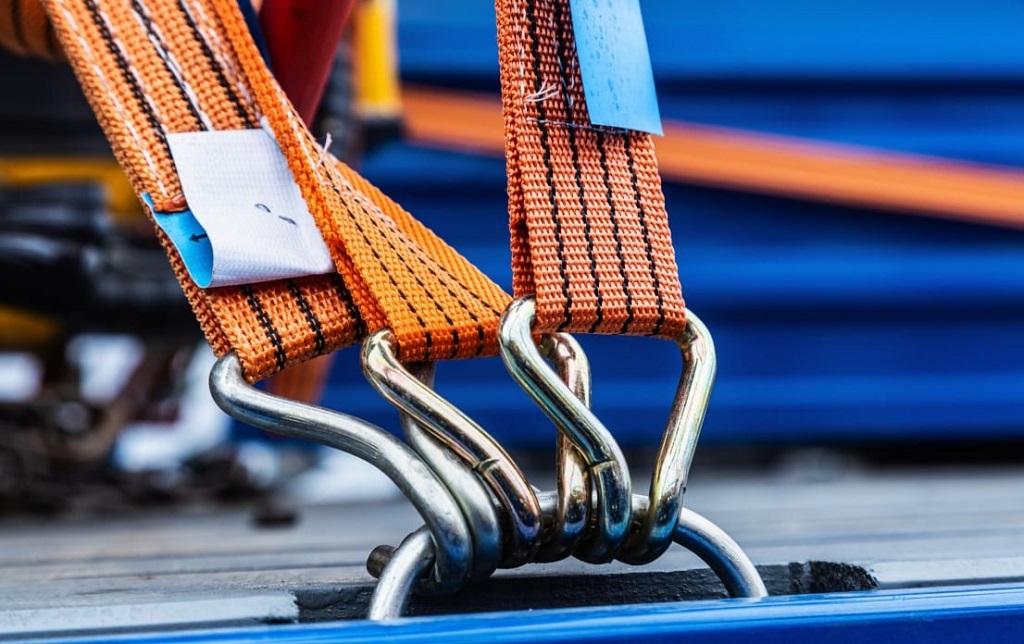
The Best Ropes for Securing Cargo in Shipping and Logistics
In the high-stakes world of shipping and logistics, a single loose load can spell disaster—costly damages, delayed deliveries, or even safety hazards. Whether you’re transporting goods across oceans or hauling freight down the highway, choosing the right rope for securing cargo is critical. But with so many options—nylon, polyester, polypropylene, and more—how do you know which is best for your needs? This article dives deep into the world of cargo-securing ropes, exploring their types, strengths, and applications to help you make an informed choice. By the end, you’ll know exactly which rope ensures your cargo stays safe, secure, and compliant with industry standards.
Contents at a Glance
ToggleWhy Choosing the Right Rope Matters in Shipping and Logistics
Securing cargo isn’t just about tying a knot and hoping for the best. The wrong rope can stretch, fray, or snap under pressure, putting your goods, workers, and reputation at risk. The right rope, however, provides durability, flexibility, and reliability, ensuring your cargo stays put through rough seas, bumpy roads, or turbulent air. Factors like tensile strength, weather resistance, and knot retention play a huge role in determining which rope is best for your specific shipping needs. Let’s break down the top rope types and their applications in logistics.
Types of Ropes for Securing Cargo
-
Nylon Ropes: The Strong All-Rounder
Nylon ropes are a go-to choice in shipping due to their exceptional strength and elasticity. With high tensile strength, they can handle heavy loads without breaking, making them ideal for securing cargo on trucks or ships. Their slight stretch absorbs shock from sudden movements, reducing the risk of damage during transit. However, nylon absorbs water, which can weaken it over time in wet conditions, so it’s best for indoor or dry environments.
Best for: Heavy-duty trucking, container lashing, and general-purpose cargo securing.
Pros:
- High tensile strength
- Excellent shock absorption
- Great knot retention
Cons:
- Water absorption can lead to mildew
- Less UV-resistant than other materials
-
Polyester Ropes: The Weather-Resistant Workhorse
Polyester ropes are known for their durability and resistance to environmental factors like UV rays, moisture, and abrasion. They have minimal stretch compared to nylon, making them perfect for applications where stability is key, such as securing cargo on flatbed trailers or during ocean freight. Their resistance to weathering makes them a favorite for long-term outdoor use.
Best for: Ocean shipping, flatbed trailers, and outdoor storage.
Pros:
- UV and weather-resistant
- Low stretch for stable loads
- Resistant to abrasion
Cons:
- Slightly less strong than nylon
- Higher cost than polypropylene
-
Polypropylene Ropes: The Lightweight Budget Option
Polypropylene ropes are lightweight, affordable, and resistant to water, making them a popular choice for lighter cargo or temporary securing needs. They float, which is a bonus for marine applications, but they have lower tensile strength and can degrade under prolonged UV exposure. These ropes are best for short-term or low-risk logistics tasks.
Best for: Light cargo, temporary tie-downs, and marine applications.
Pros:
- Lightweight and easy to handle
- Water-resistant and floats
- Cost-effective
Cons:
- Lower strength than nylon or polyester
- Susceptible to UV degradation
-
Manila Ropes: The Eco-Friendly Traditionalist
Manila ropes, made from natural fibers, offer a sustainable option for securing cargo. They have decent strength and excellent grip, making them suitable for knot-heavy applications. However, they’re prone to rot in wet conditions and aren’t as durable as synthetic ropes, limiting their use in modern logistics.
Best for: Eco-conscious operations, low-moisture environments, and decorative securing.
Pros:
- Biodegradable and eco-friendly
- Good grip for knots
- Natural aesthetic
Cons:
- Susceptible to rot and mildew
- Lower durability than synthetic options
-
Steel Wire Ropes: The Heavy-Duty Champion
For extremely heavy or high-risk cargo, steel wire ropes provide unmatched strength and durability. Often used in container ships or industrial logistics, these ropes can handle massive loads but lack flexibility and are prone to rust if not properly coated. They’re typically paired with synthetic ropes for added versatility.
Best for: Oversized cargo, container ships, and industrial applications.
Pros:
- Exceptional strength
- Long-lasting for heavy loads
- Minimal stretch
Cons:
- Heavy and less flexible
- Requires rust-resistant coating
Key Factors to Consider When Choosing a Rope
Selecting the right rope for cargo securing involves more than just picking the strongest option. Here are the key factors to keep in mind:
- Load Weight and Type: Heavier loads require ropes with higher tensile strength, like nylon or steel wire. Lighter cargo can use polypropylene or manila.
- Environmental Conditions: For outdoor or marine transport, prioritize weather-resistant ropes like polyester or coated steel wire.
- Stretch and Elasticity: Some stretch (as in nylon) can absorb shock, but too much can loosen ties. Polyester or steel wire offers stability for rigid loads.
- Knot Retention: Ropes like nylon and manila hold knots well, which is crucial for secure fastening.
- Compliance with Regulations: Ensure your rope meets industry standards, such as those set by the Department of Transportation (DOT) or International Maritime Organization (IMO).
- Budget: Polypropylene is cost-effective for short-term use, while polyester and nylon offer better long-term value.
Best Practices for Securing Cargo with Ropes
Using the right rope is only half the battle. Proper techniques ensure your cargo stays secure:
- Inspect Ropes Regularly: Check for fraying, cuts, or UV damage before each use to prevent failures.
- Use Proper Knots: Opt for strong, reliable knots like the bowline or trucker’s hitch for maximum security.
- Distribute Tension Evenly: Avoid overloading one rope by using multiple tie-down points.
- Combine with Other Tools: Pair ropes with ratchet straps, tarps, or cargo nets for added stability.
- Follow Regulations: Adhere to local and international guidelines for cargo securing to avoid fines or accidents.
Industry Applications and Real-World Examples
- Trucking: Nylon or polyester ropes are commonly used to secure loads on flatbed trucks, ensuring stability during long hauls.
- Ocean Freight: Polyester and steel wire ropes dominate in maritime logistics due to their resistance to saltwater and heavy loads.
- Air Freight: Lightweight polypropylene ropes are often used for securing smaller cargo in aircraft, where weight is a concern.
- Construction Logistics: Steel wire ropes are critical for securing heavy machinery or building materials during transport.
For example, a logistics company transporting steel beams across the country might opt for steel wire ropes for their strength, paired with polyester ropes for additional tie-downs. Meanwhile, a small business shipping lightweight goods might choose polypropylene for its affordability and ease of use.
Read More Also: DIY Rope Projects: 7 Fun Crafts You Can Try Today
FAQs About Ropes for Securing Cargo
What is the strongest rope for securing cargo?
Steel wire ropes offer the highest tensile strength, followed by nylon. The best choice depends on your cargo’s weight and environmental conditions.
Are natural ropes like manila still used in logistics?
Yes, but they’re less common due to their susceptibility to rot. They’re mainly used for eco-friendly or low-moisture applications.
How do I know if a rope meets industry standards?
Check for certifications from organizations like the DOT or IMO. Manufacturers often provide compliance details on product labels or datasheets.
Can I use the same rope for all types of cargo?
Not recommended. Different cargos and transport methods require specific ropes based on strength, stretch, and weather resistance.
How often should I replace cargo-securing ropes?
Replace ropes showing signs of wear, such as fraying, cuts, or UV damage. Regular inspections help determine replacement frequency.
Read More Also: How to Make a Rope Basket in Under an Hour
Conclusion: Secure Your Cargo with Confidence
Choosing the best rope for securing cargo in shipping and logistics is about balancing strength, durability, and environmental factors. Nylon and polyester ropes offer versatility for most applications, while polypropylene suits lighter loads, and steel wire handles heavy-duty tasks. By understanding your cargo’s needs and following best practices, you can ensure safe, efficient, and compliant transport.
Ready to upgrade your cargo-securing game? Start by assessing your load types and transport conditions, then choose a rope that matches your needs. Share your thoughts or questions in the comments below, or contact us for expert advice on optimizing your logistics operations!

